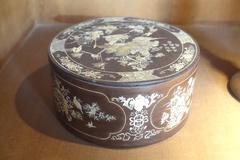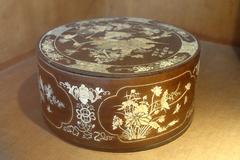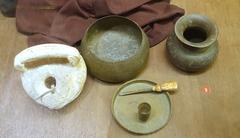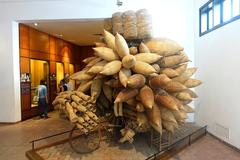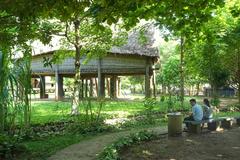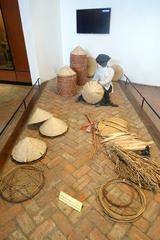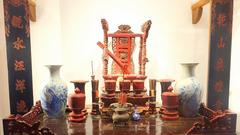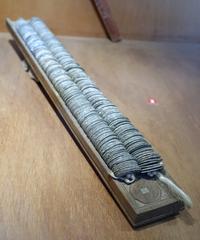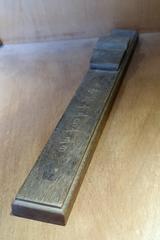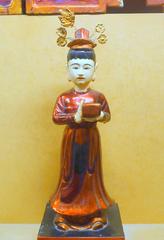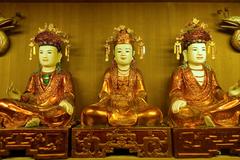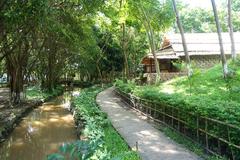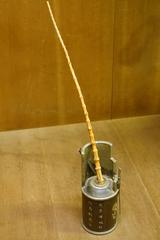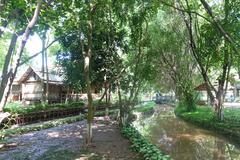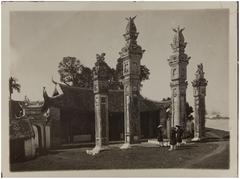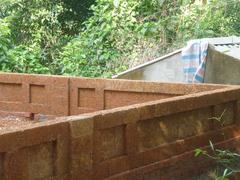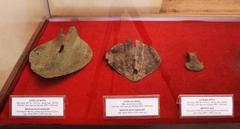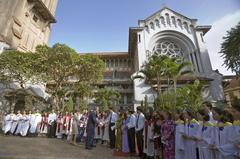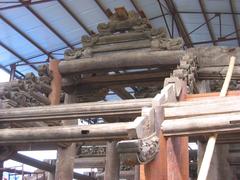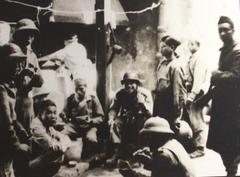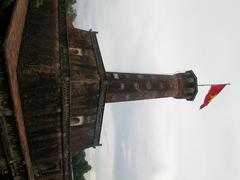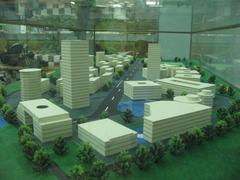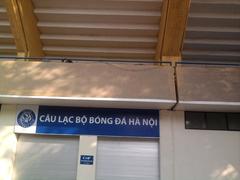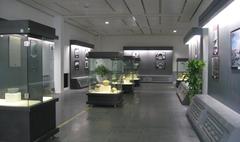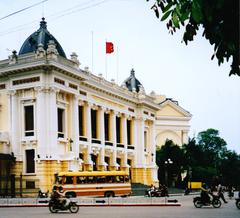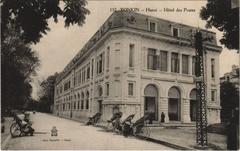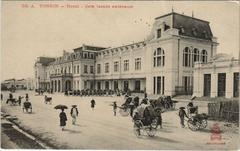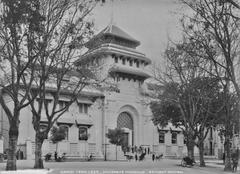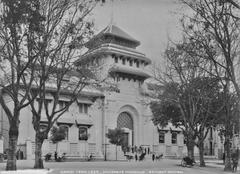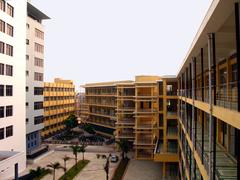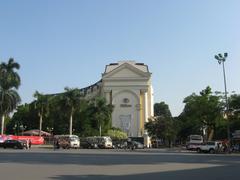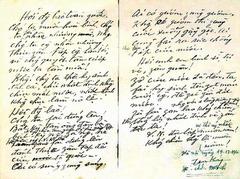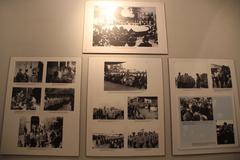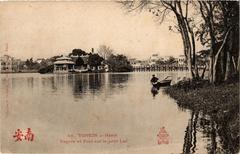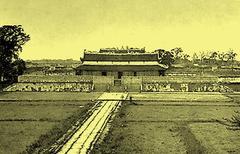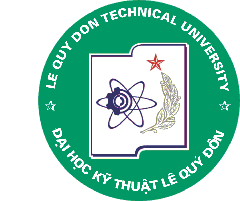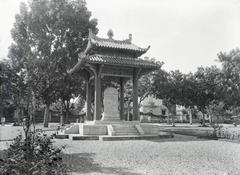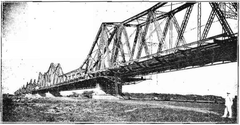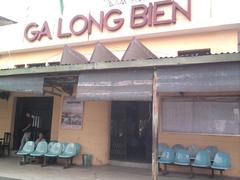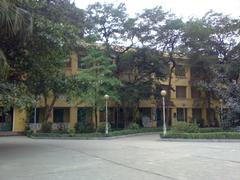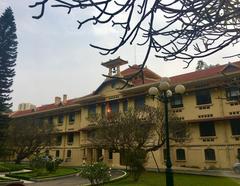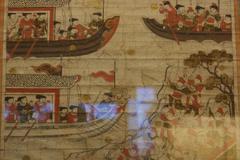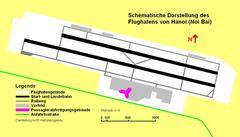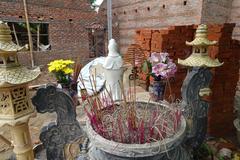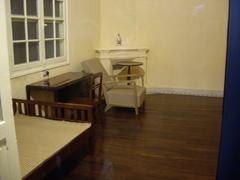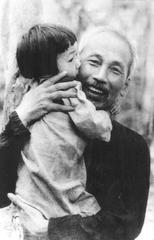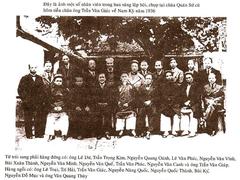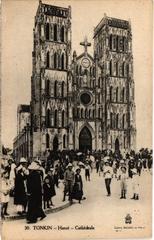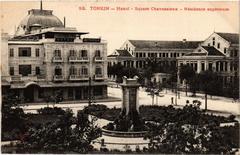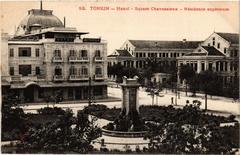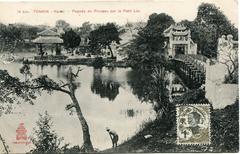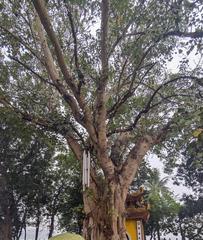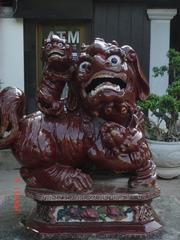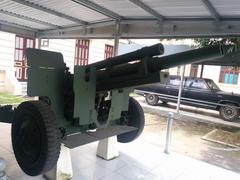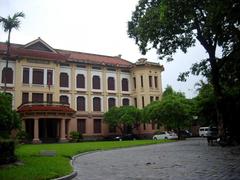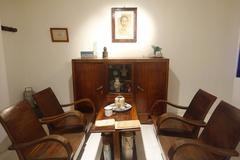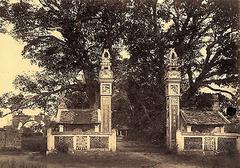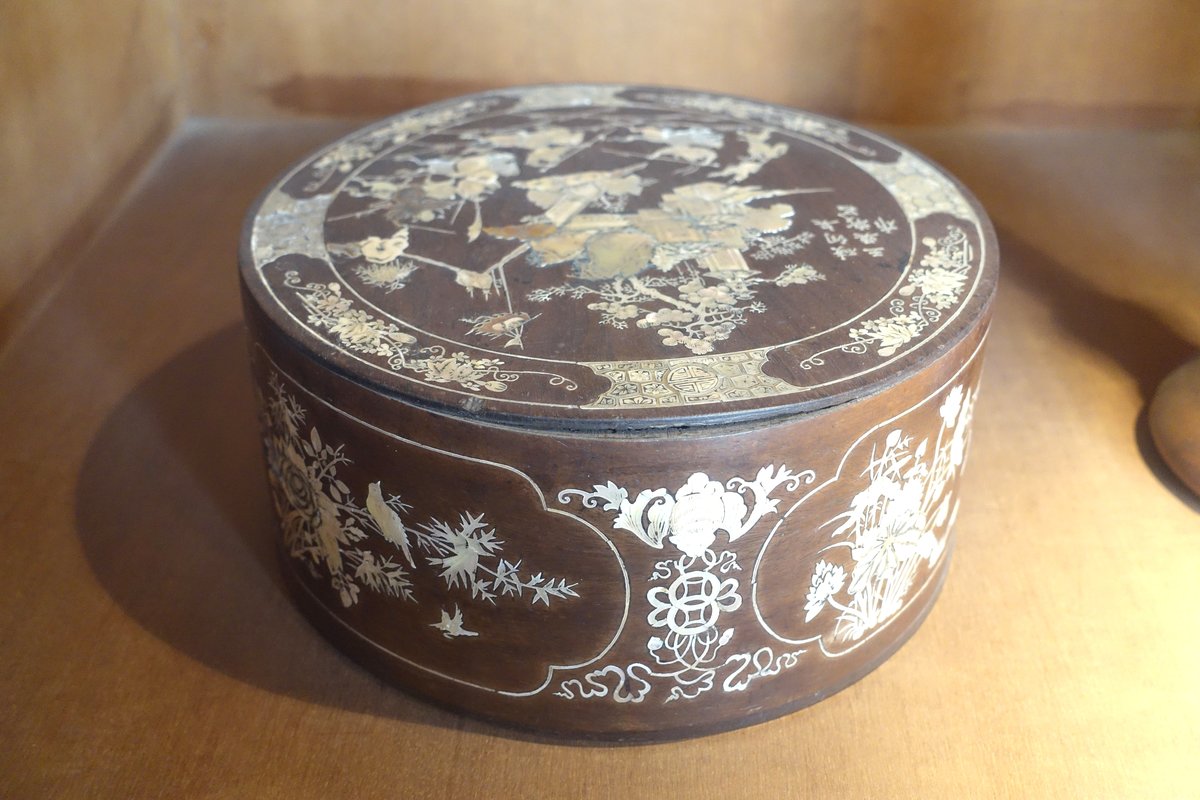
Visiting Bao Tang Dan Toc Hoc Viet Nam in Hanoi: Hours, Tickets, and Tips
Date: 17/07/2024
Introduction
The Vietnam Museum of Ethnology, known locally as Bảo tàng Dân tộc học Việt Nam, is an essential destination for anyone looking to delve into the rich and intricate cultural tapestry of Vietnam. Situated in Hanoi, this museum is dedicated to preserving and showcasing the diverse cultural heritage of the country’s 54 ethnic groups. Established in 1997, the museum aims to document, celebrate, and educate the public about the unique traditions, lifestyles, and histories of these communities. Designed by the esteemed architects Hà Đức Linh and Véronique Dollfus, the museum’s architecture itself is a blend of traditional Vietnamese and modern styles, symbolizing its mission to bridge the past and present (Vietnam Museum of Ethnology). Through its extensive collection of over 15,000 artifacts, photographs, and audio-visual materials, the museum provides visitors with an immersive experience into the daily lives, customs, and traditions of Vietnam’s ethnic groups. From traditional houses in the outdoor exhibition area to engaging interactive exhibits indoors, the museum offers a comprehensive exploration of Vietnam’s cultural diversity. This guide aims to provide a detailed overview of the Vietnam Museum of Ethnology, covering its history, significance, visitor information, and practical travel tips to ensure an enriching visit.
Table of Contents
- Introduction
- History and Significance
- Cultural and Educational Role
- Visitor Information
- International Recognition and Collaborations
- Special Events and Guided Tours
- Impact on Ethnic Communities
- Future Directions
- Visitor Experience
- Frequently Asked Questions (FAQ)
- Conclusion
History and Significance
Establishment and Early Years
Bảo tàng Dân tộc học Việt Nam, also known as the Vietnam Museum of Ethnology, was established in 1997. The museum was founded with the primary objective of preserving and showcasing the diverse cultural heritage of Vietnam’s 54 ethnic groups. The establishment of the museum was a significant milestone in Vietnam’s efforts to document and celebrate its rich cultural diversity. The museum was designed by the renowned Vietnamese architect Hà Đức Linh, who is of Tày ethnicity, and the French architect Véronique Dollfus. The collaboration between these architects symbolizes the blend of traditional Vietnamese and modern architectural styles.
Architectural Significance
The museum’s architecture is a testament to the cultural diversity it aims to represent. The main building, known as the Đông Sơn building, is designed in the shape of a Đông Sơn drum, an ancient bronze drum that is a symbol of Vietnam’s historical and cultural heritage. This design choice reflects the museum’s mission to preserve and promote the cultural heritage of Vietnam. The museum complex also includes an outdoor exhibition area, which features traditional houses from various ethnic groups, including the Tày, H’mông, and Bahnar. These houses are not mere replicas but are actual structures that have been transported and reassembled at the museum site, providing visitors with an authentic experience of Vietnam’s ethnic architecture.
Cultural and Educational Role
Since its inception, the Vietnam Museum of Ethnology has played a crucial role in cultural preservation and education. The museum’s extensive collection includes over 15,000 artifacts, photographs, and audio-visual materials that document the daily lives, customs, and traditions of Vietnam’s ethnic groups. The museum also hosts regular exhibitions, workshops, and cultural performances, providing a platform for ethnic communities to share their heritage with a broader audience. The museum’s educational programs are designed to engage visitors of all ages, from school children to researchers, fostering a deeper understanding and appreciation of Vietnam’s cultural diversity.
Visitor Information
Ticket Prices and Opening Hours
- Ticket Prices: VND 40,000 for adults, VND 20,000 for students, and free for children under 6 years old.
- Opening Hours: The museum is open from 8:30 AM to 5:30 PM, Tuesday to Sunday. It is closed on Mondays and during the Lunar New Year holiday.
Travel Tips
- Location: The museum is located at Nguyễn Văn Huyên Street, Cầu Giấy, Hanoi.
- Public Transport: Easily accessible by bus or taxi from central Hanoi.
- Best Time to Visit: Weekday mornings are less crowded.
- Nearby Attractions: Consider visiting the Temple of Literature and the Ho Chi Minh Mausoleum, both of which are nearby.
- Accessibility: The museum is wheelchair accessible, with ramps and elevators available.
International Recognition and Collaborations
The Vietnam Museum of Ethnology has gained international recognition for its efforts in cultural preservation and education. The museum has collaborated with numerous international institutions, including the Smithsonian Institution in the United States and the Musée de l’Homme in France. These collaborations have resulted in joint exhibitions, research projects, and exchange programs, enhancing the museum’s capacity to document and promote cultural heritage. In 2013, the museum was awarded the “Most Attractive Destination in Vietnam” by the Vietnam Tourism Association, further cementing its status as a leading cultural institution in the country.
Special Events and Guided Tours
The museum frequently hosts special events and guided tours. These include traditional craft workshops, cultural performances, and themed exhibitions. Check the museum’s official website for the latest updates and schedules.
Impact on Ethnic Communities
The museum’s efforts to document and promote the cultural heritage of Vietnam’s ethnic groups have had a significant impact on these communities. By providing a platform for ethnic communities to share their heritage, the museum has helped to raise awareness and appreciation of their cultures. This has not only contributed to the preservation of traditional customs and practices but has also empowered ethnic communities by giving them a voice in the broader cultural narrative of Vietnam. The museum’s initiatives have also provided economic benefits to these communities, as many of the traditional crafts and artifacts on display are sourced directly from ethnic artisans.
Future Directions
Looking ahead, the Vietnam Museum of Ethnology aims to continue its mission of cultural preservation and education. The museum plans to expand its collection and exhibition spaces, with a particular focus on contemporary cultural expressions and the impact of modernization on ethnic communities. The museum also aims to enhance its educational programs and outreach initiatives, leveraging digital technologies to reach a wider audience. By continuing to document and promote the cultural heritage of Vietnam’s ethnic groups, the museum hopes to contribute to a more inclusive and diverse cultural landscape in Vietnam.
Visitor Experience
Visitors to the Vietnam Museum of Ethnology can expect a rich and immersive experience. The museum’s exhibitions are thoughtfully curated, providing a comprehensive overview of the cultural heritage of Vietnam’s ethnic groups. The outdoor exhibition area, with its traditional houses and cultural performances, offers a unique opportunity to experience the living traditions of these communities. The museum also offers guided tours and educational programs, providing visitors with deeper insights into the cultural significance of the artifacts on display. For those interested in further exploration, the museum’s library and research center offer a wealth of resources on Vietnam’s ethnic cultures.
Frequently Asked Questions (FAQ)
What are the Vietnam Museum of Ethnology’s visiting hours?
The museum is open from 8:30 AM to 5:30 PM, Tuesday to Sunday. It is closed on Mondays and during the Lunar New Year holiday.
How much are the tickets for the Vietnam Museum of Ethnology?
Ticket prices are VND 40,000 for adults, VND 20,000 for students, and free for children under 6 years old.
What are some nearby attractions?
Nearby attractions include the Temple of Literature and the Ho Chi Minh Mausoleum.
Is the museum accessible?
Yes, the museum is wheelchair accessible, with ramps and elevators available.
Conclusion
The Vietnam Museum of Ethnology stands as a testament to Vietnam’s commitment to preserving and promoting its cultural heritage. Through its extensive collection, educational programs, and collaborations with international institutions, the museum has made significant contributions to the documentation and celebration of Vietnam’s ethnic diversity. As the museum continues to evolve and expand, it remains a vital cultural institution, fostering a deeper understanding and appreciation of Vietnam’s rich cultural tapestry.
For more information, you can visit the Vietnam Museum of Ethnology’s official website.
To stay updated on the latest news, follow us on social media or download our mobile app Audiala for more travel tips and cultural insights.
References
- Visiting the Vietnam Museum of Ethnology - History, Tickets, and Travel Tips, 2024, Author Vietnam Museum of Ethnology
- Explore the Vietnam Museum of Ethnology - Visiting Hours, Tickets, and Visitor Experience, 2024, Author Vietnam Museum of Ethnology
- Visiting the Vietnam Museum of Ethnology - Hours, Tickets, and Travel Tips, 2024, Author Vietnam Museum of Ethnology
